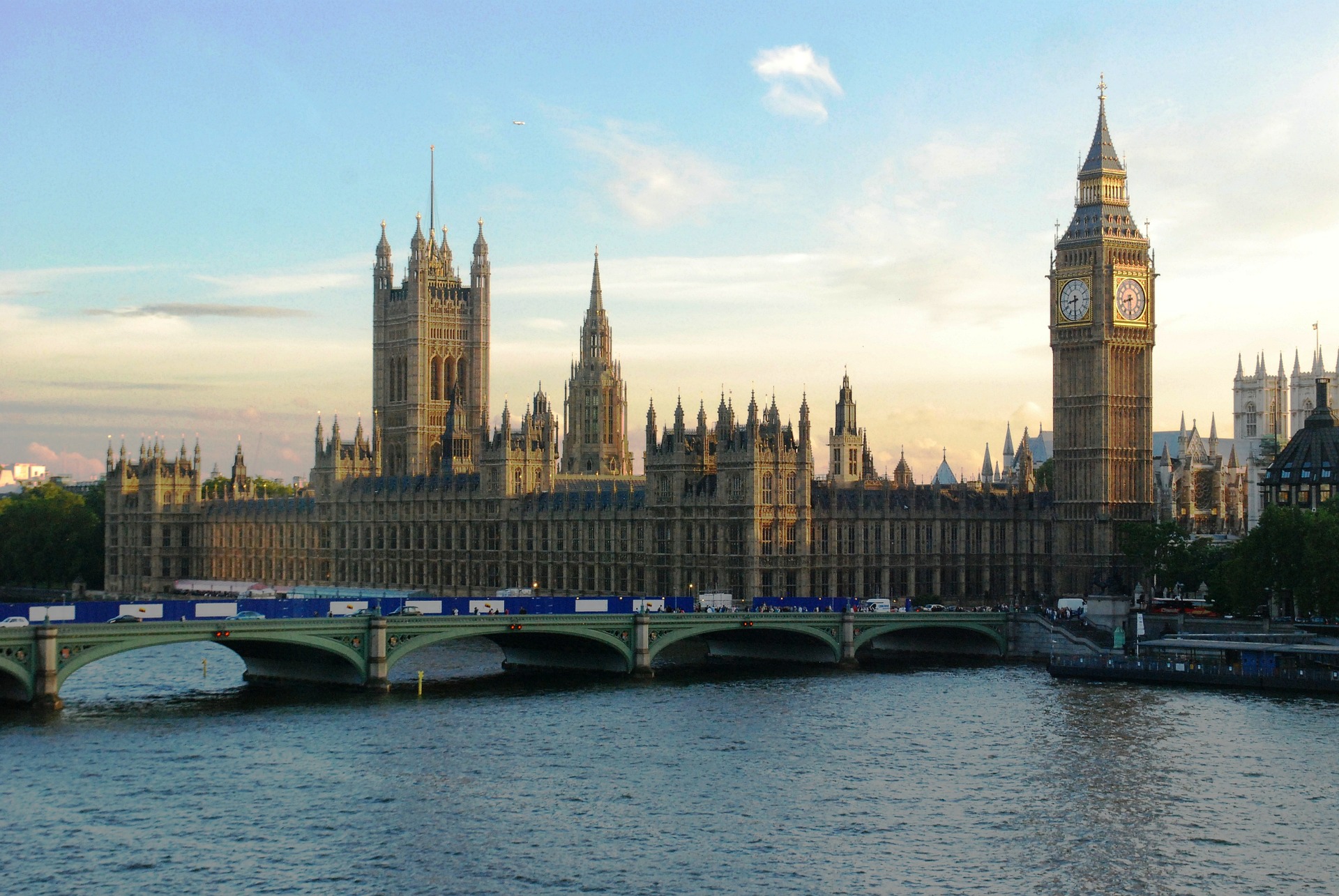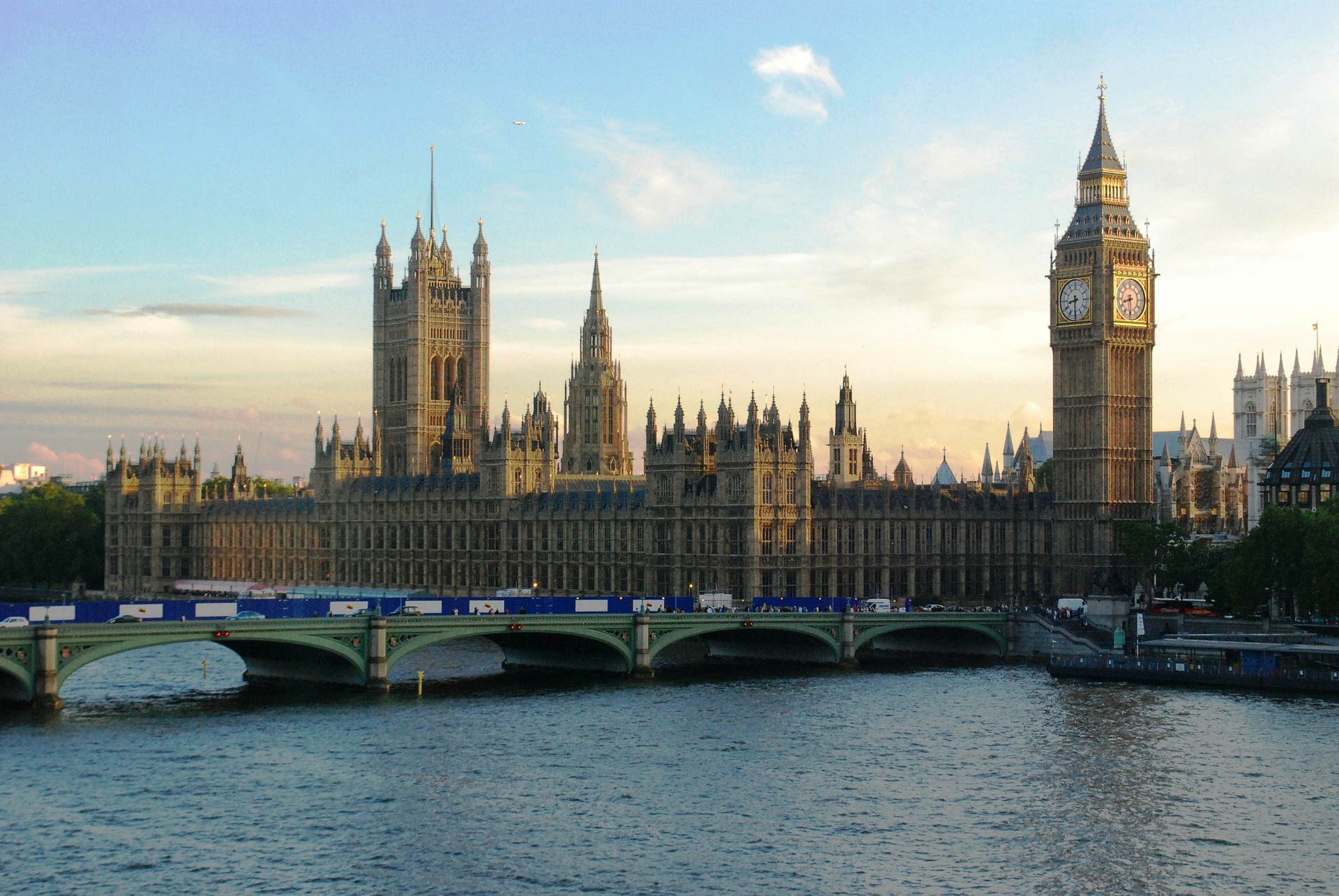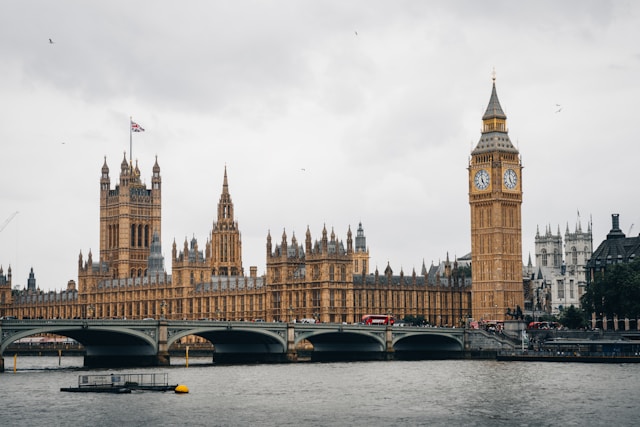
Clear the Lobby: What laws are MPs voting on this week? – w/c 7th Jan
January 9, 2019
Clear the Lobby: What laws are MPs voting on this week? – w/c 14th Jan
January 14, 2019Your round-up of the stories that you should discuss at interview this week:
Apple sales fall in China
Reported by Rui Ci Lee
Apple’s revenue and iPhone sales have fallen over Christmas due to various reasons, in particular a weaker demand for iPhones in China and the US-China trade war.
As the world’s largest smartphone market, China is important to Apple as it is the tech giant’s third largest source of revenue. The economic deceleration in China, which saw the lowest GDP growth in the last 25 years in the third quarter of 2018, spells trouble for the company.
In addition, Apple faces tougher competition from Chinese smartphone manufacturers Huawei and Xiaomi.
Chinese smartphone makers are more attune to their customers’ needs and manufacture smartphones that are cheaper and contain even more features ranging from dual SIM to reverse charging.
iPhone users also prefer replacing iPhone batteries instead of upgrading to a newer model altogether, which is more cost-effective. This therefore reduces the demand for the new iPhone models.
The trade tension between the US and China has also reduced customer confidence towards Apple. The US has imposed tariffs on more than $250bn worth of Chinese goods. In response, China has slapped tariffs on $110bn worth of US goods.
Some analysts are also of the opinion that a surge of patriotism following the arrest of Huawei’s chief financial officer, Meng Wanzhou following an extradition request in December, has generated hostility towards the US brand. Some Chinese traders have also put in place initiatives to encourage the use of Huawei.
For instance, one Zhejiang-based tech company is offering subsidies for its employees to buy Huawei phones, whereas there are restaurants offering discounts to customers who use Huawei.
Find more information at the Independent, FT and BBC.
Trump backtracks on Mexico ‘paying’ for the wall
Reported by Sarah Mullane
Speaking outside the White House, US President Trump has seemingly backtracked on his earlier assertions that Mexico would make a one-off payment to fund the US-Mexico wall, in favour of claiming that they will instead pay for it “many, many times over” through indirect taxation.
As the partial US government shutdown entered into its 20th day, the President met journalists to insist that Mexico will still be required to pay for the wall, but just not as a onetime payment, as he has repeatedly claimed in the past.
Insisting that he “obviously [..] never meant Mexico would write a cheque”, Trump went on to discuss his proposed overhauled trade deal, stating that “they [Mexico] are paying for it with the incredible deal we made, the USMCA [US Mexico Canada Agreement]” which has not yet been passed but “probably will be”, according to the President.
Despite his recent claims, an unearthed campaign memo from 2016 shows Trumps original plan was to compel Mexico to make a onetime payment toward the wall by cutting off payments from undocumented Mexicans in the US. However, the Presidents attempts to fund the wall so far have been thwarted by Democrats, who currently hold the majority in Congress.
As Trump continues to refuse to sign the crucial legislation needed to reopen the government, the Democrats continue to deny him the funding and the political row deepens. As his financial demands, have not been met, the President has suggested that he may declare a national emergency which would in turn allow him to bypass Congress and open up spending for the wall.
As some 800,000 federal workers are now expected to miss their first pay cheque as a result of this feud, it is likely that even more increasing pressure will now be put on the President and Congress, at home and abroad, to reach an agreement.
Flybe is rescued by consortium headed up by Virgin
Reported by Nathan Gore
The troubled regional airline Flybe has been rescued by a £2.2m takeover from a consortium including Richard Branson’s Virgin Atlantic, Cyrus Capital Partners and Stobart Group.
The consortium, operating under the name Connect Airways, will combine with Flybe, and will operate under the Virgin Atlantic brand. This is Richard Branson’s second foray into the commercial aviation sector.
Flybe carries around eight million passengers a year from airports such as Southampton, Cardiff and Aberdeen, to the UK and Europe.
In October, the struggling airline put itself up for sale. It blamed its travails on currency volatility, rising fuel costs and Brexit-related uncertainty, according to Christine Ourmières-Widener, Flybe’s chief executive. “We have been affected by all of these factors which have put pressure on short-term financial performance,” she said.
Flybe shareholders will receive just 1p a share, a massive reduction on the previous trading prices.
Flybe’s rescue comes after recent collapses of both Monarch Airlines and Primera Air.
Get these updates straight to your inbox every week by signing up here.




